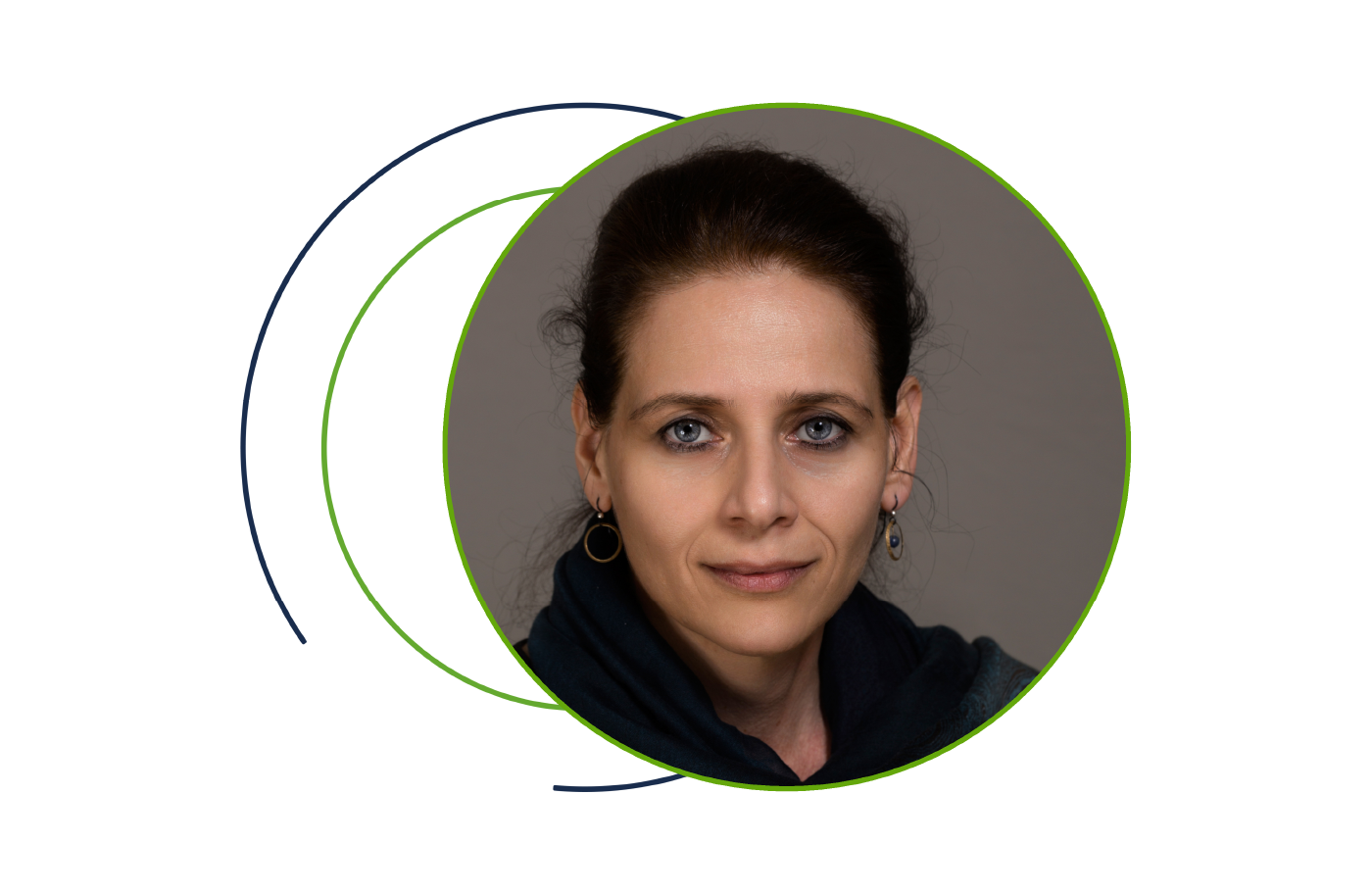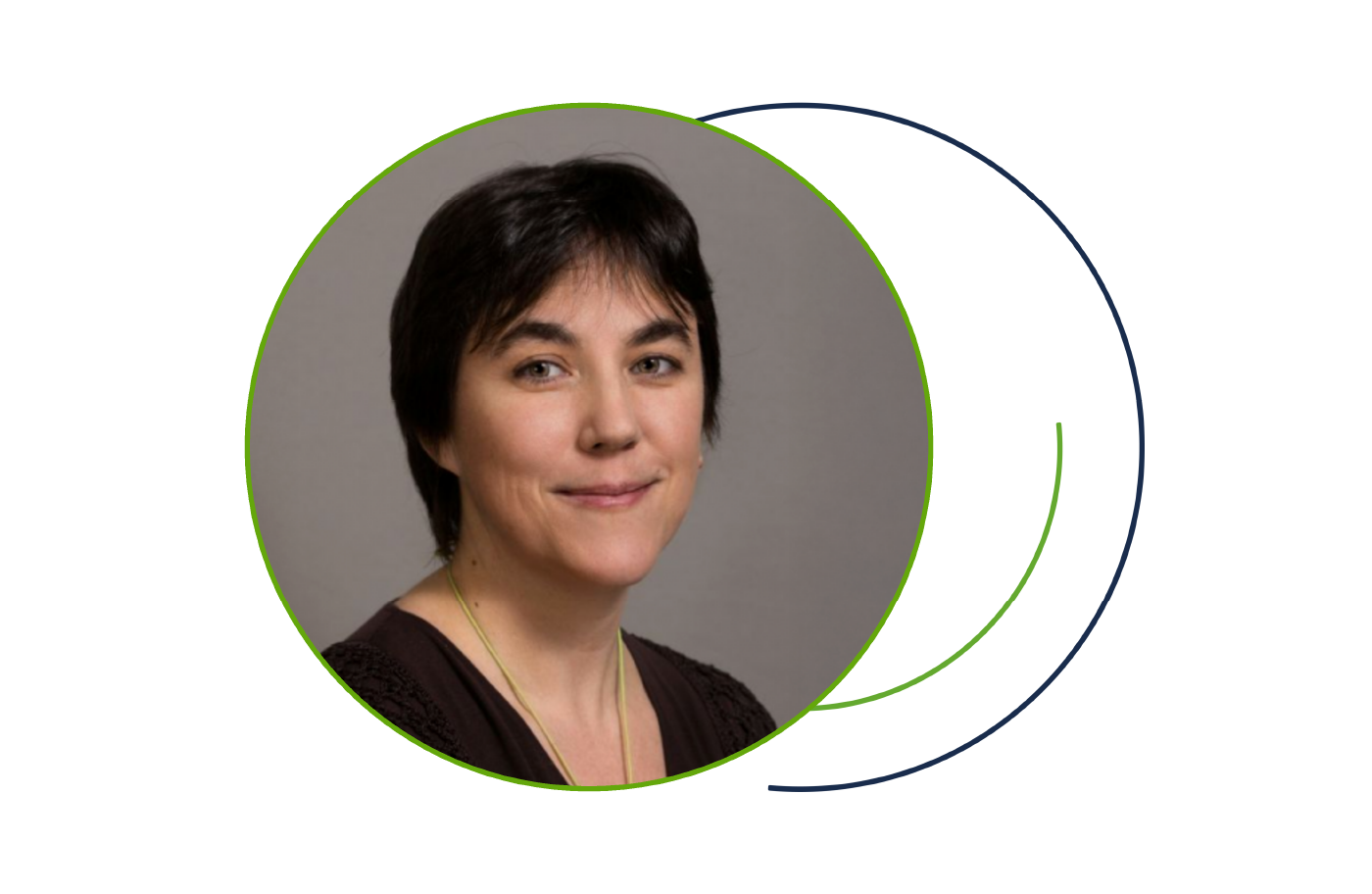Doctoral Programmes
Doctoral Programmes of the Doctoral School of Psychology
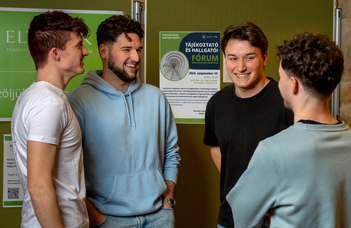
People-environment Transaction Programme
The People-environment Transaction Programme aims to provide a structured and perspective-shaping overview of environmental and psychological processes (i.e., people–environment transactions) across fundamental types of environments. Spatial and object use is interpreted and analyzed transactionally—within the context of the reciprocal relationship between humans and their environment. We explore how psychological processes and interactions unfold in various built, natural, and virtual environmental situations and how these influence environmental design. In line with the environmental psychology approach, analyses give equal weight to psychological and environmental processes. Throughout the program, students gain theoretical and practical knowledge that draws on the intersection of psychology and related disciplines (architecture, landscape design, design, interior architecture–and interior design), enabling a better alignment between human needs and environmental design.
Head of the programme:
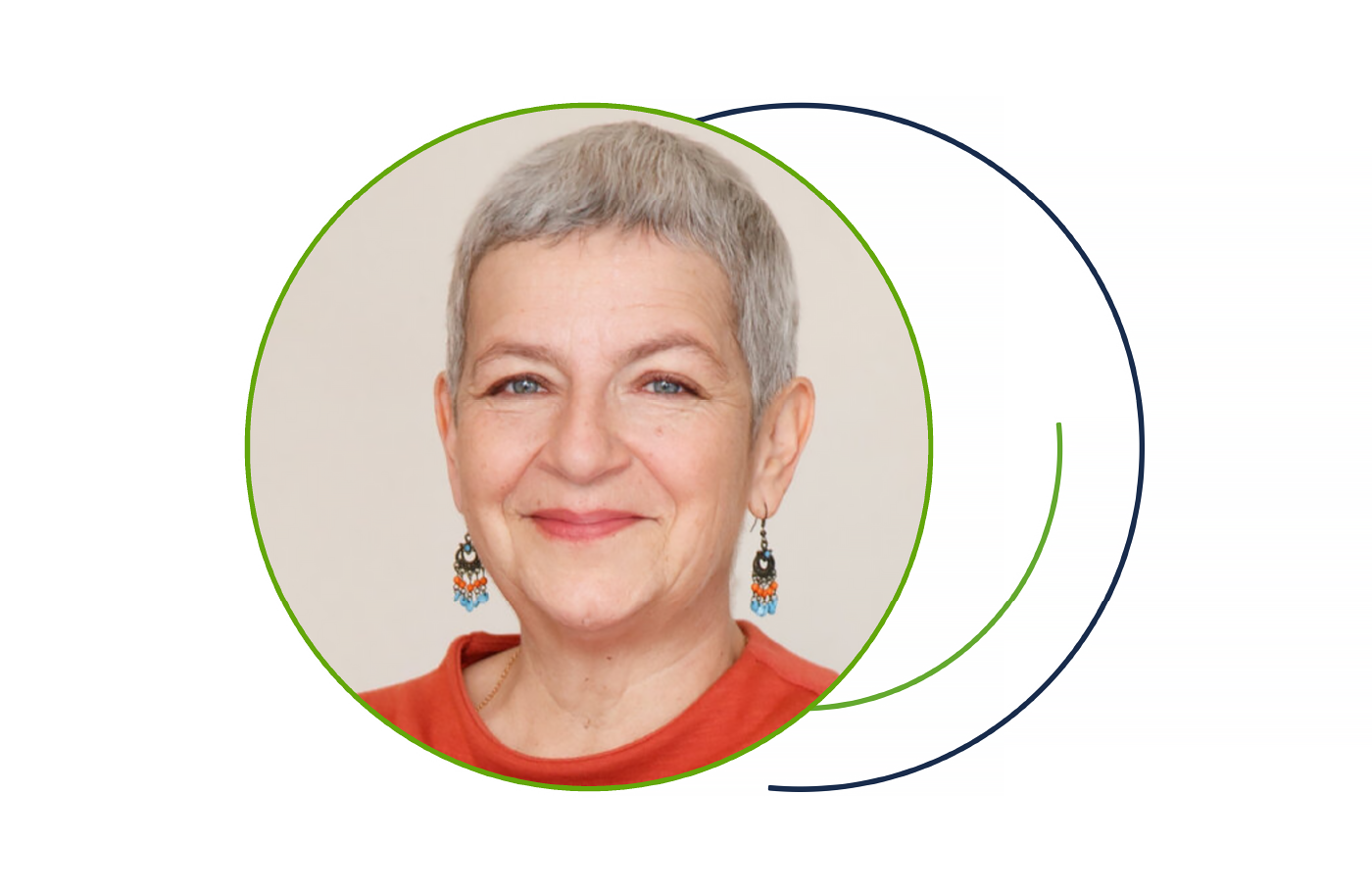
Andrea Dúll, professor, Doctor of Science (DSc)
dull.andrea@ppk.elte.hu
Developmental and Clinical Child Psychology Programme
In this program, students engage with relatively young yet virtually “knowledge‐exploding” disciplines such as developmental neuropsychology and developmental psycholinguistics. Fundamental research in these areas has already opened up many new practical avenues—ranging from educational curriculum design and understanding developmental disorders to creating targeted interventions. The program’s primary objective is cultivating a pipeline of specialists for theoretical research and applied practice.
Head of the programme:
Judit Balázs, professor, Doctor of Science (DSc)
balazs.judit@ppk.elte.hu
Clinical Psychology and Addiction Science
The program engages in the epidemiological and etiological investigation of mental and behavioural disorders as well as addiction issues through an interdisciplinary framework. Participants can participate in research on psychogenetics, neuropsychology, personality psychology, and clinical psychology.
Head of the programme:
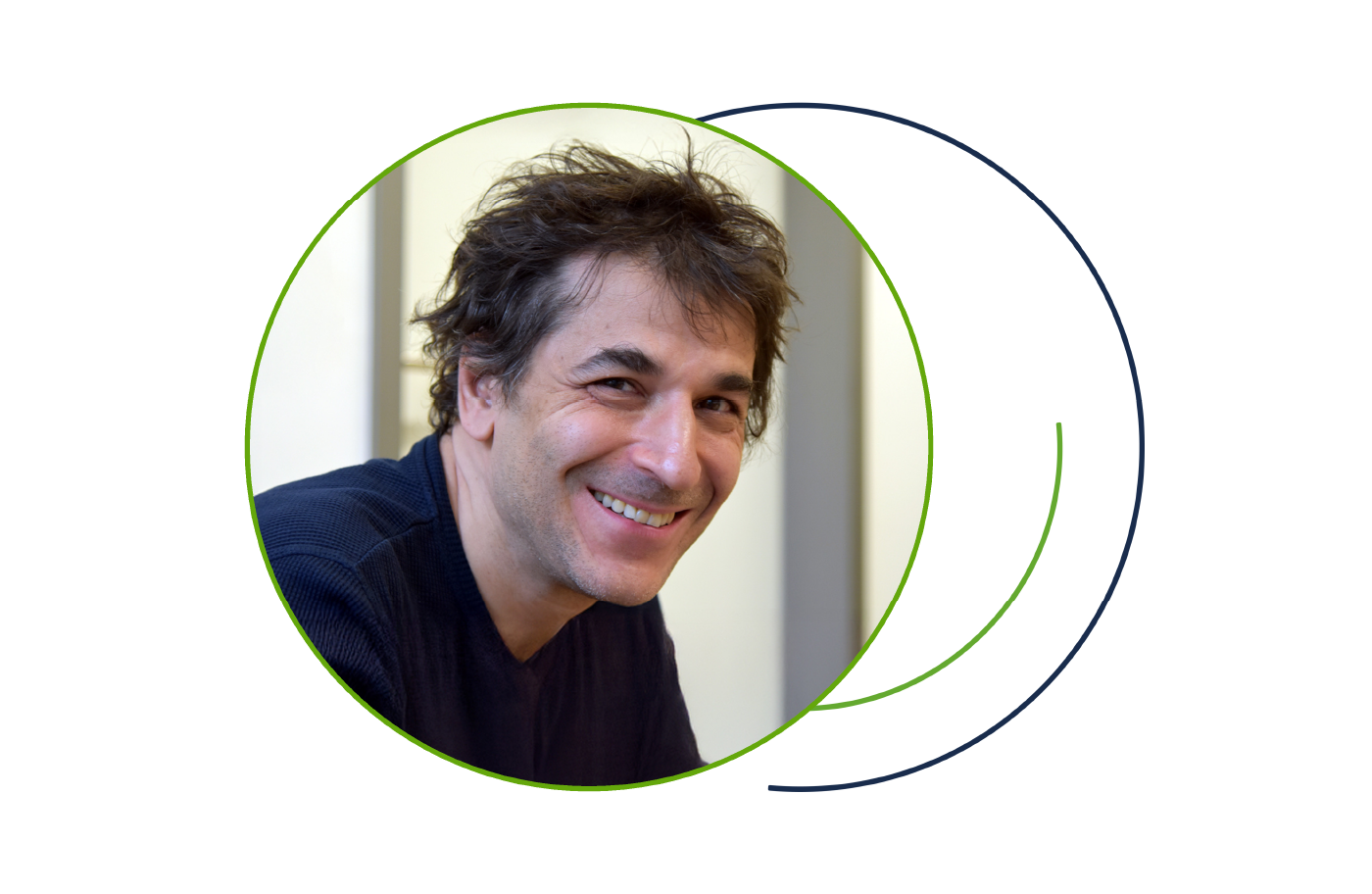
Zsolt Demetrovics, professor, Corresponding Member of the Hungarian Academy of Sciences
demetrovics.zsolt@ppk.elte.hu
Cognitive Psychology Programme
The program targets one of modern psychology’s central, rapidly advancing fields—cognitive psychology—and its related disciplines, above all, cognitive psychophysiology. Accordingly, the experimental investigation of broadly defined cognitive processes—especially perception, attention, memory, language and communication, social cognition, and behavioural organization and control—lies at the heart of instruction and associated research. The methodological foundation is provided primarily by various behavioural techniques and EEG/event-related potential procedures, including eye-tracking. Throughout the programme, in both teaching and research, topics focusing on mature cognition, developmental trajectories (from infancy to old age), and atypical cognitive processes (e.g., in autism) are covered. Alongside rigorous methodological training and intensive research participation, we strongly emphasize the conceptual underpinnings of cognition’s overarching questions. The programme is delivered through close collaboration between the Institute of Psychology at Eötvös Loránd University (ELTE) and the Institute of Psychology of the Hungarian Academy of Sciences (MTA).
Head of the programme:
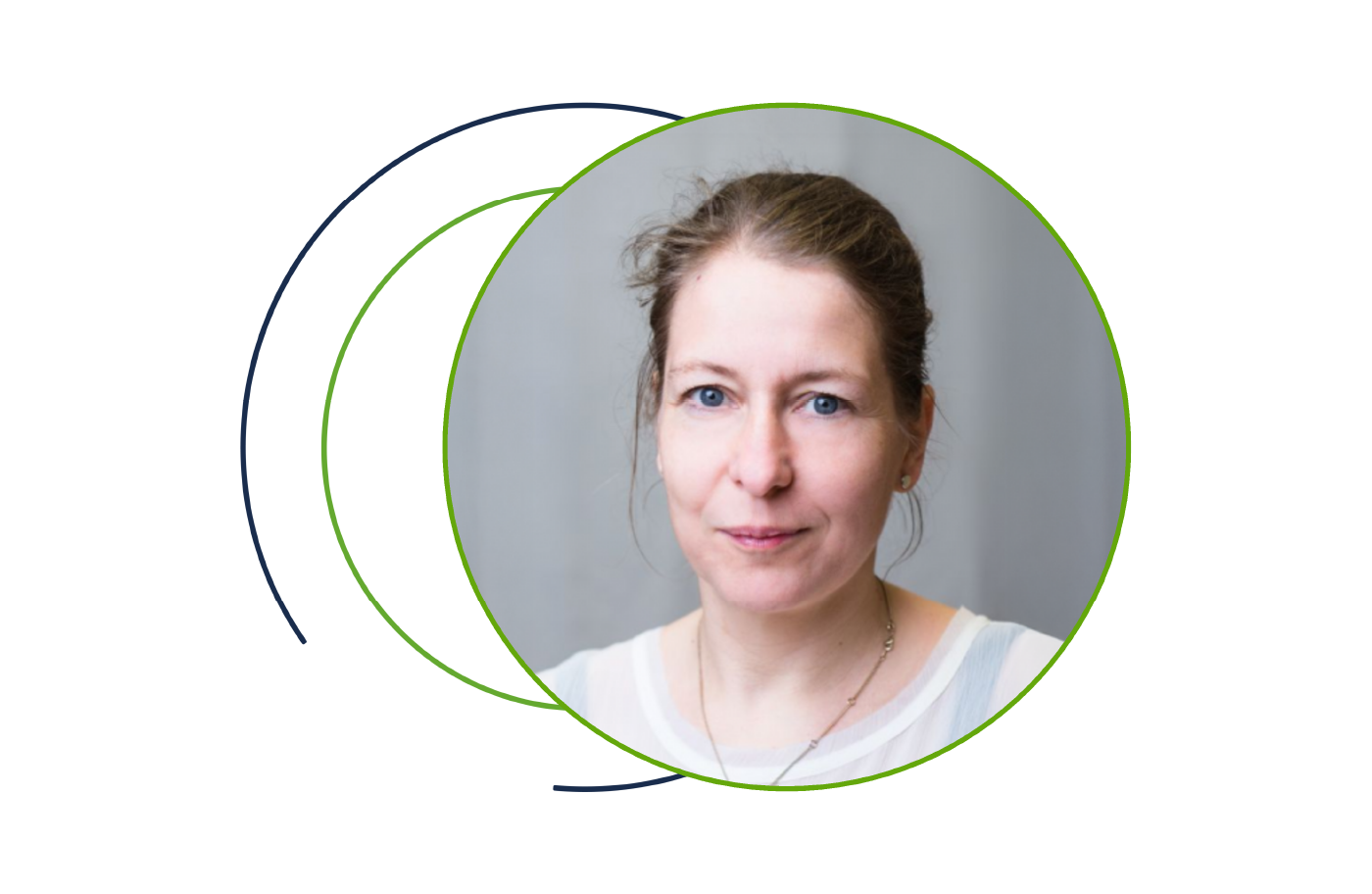
Ildikó Király, professor, Doctor of Science (DSc)
kiraly.ildiko@ppk.elte.hu
Behavioural Psychology Programme
The program aims to introduce doctoral candidates to the modern experimental-psychological investigation of behaviour regulation and its applied research areas. This will prepare them to approach their chosen topics from a systems perspective that fully integrates the biological, psychological, and social factors determining behaviour. Drawing on findings from cognitive and affective psychology, it emphasizes both the theoretical framework and empirical study of behaviour regulation, covering intra- and interpersonal regulatory factors, biological bases, physiological correlates, the role of consciousness, the impact of contextual influences, the elementary pathologies of behavioural regulation, and the methodological and practical challenges of researching these issues.
Head of the programme:
Anna Veres-Székely, professor, Doctor of Science (DSc)
szekely.anna@ppk.elte.hu
Sports and Health Psychophysiology Programme
The program adopts a comprehensive approach to physical activity and, more broadly, to physical and mental health. Accordingly, research within its framework combines physiological and psychological investigations, typically employing psychophysiology and/or biological psychology methods.
Head of the programme:
Róbert Urbán, Professor, Doctor of Science (DSc)
urban.robert@ppk.elte.hu
Methodology programme
A core aim is to prepare doctoral candidates for critical thinking and internationally competitive research. The program shares the overarching goals of the Doctoral School of Psychology: to cultivate expertise in scientific research methodology and advanced data‐management techniques, as well as in the essential scholarly activities of written and oral presentation and the inseparable practice of scientific‐critical analysis.
Head of the programme:
Róbert Urbán, Professor, Doctor of Science (DSc) urban.robert@ppk.elte.hu
Personality and Health Psychology Programme
The primary specialized goal of the Personality and Health Psychology Programme is to provide an up-to-date treatment and overview of personality psychology, health psychology, as the applied branch of personality psychology, and the current directions in clinical psychology and addictology. The program seeks to acquaint students with—and analyze—healthy and pathological personality functioning modes while imparting modern personality theories and measurement techniques. A fundamental aim is to prepare doctoral candidates to carry out internationally competitive research in personality, health, clinical, and addiction psychology, thereby enabling them to contribute effectively to the rapid advancement of these fields.
Head of the programme:
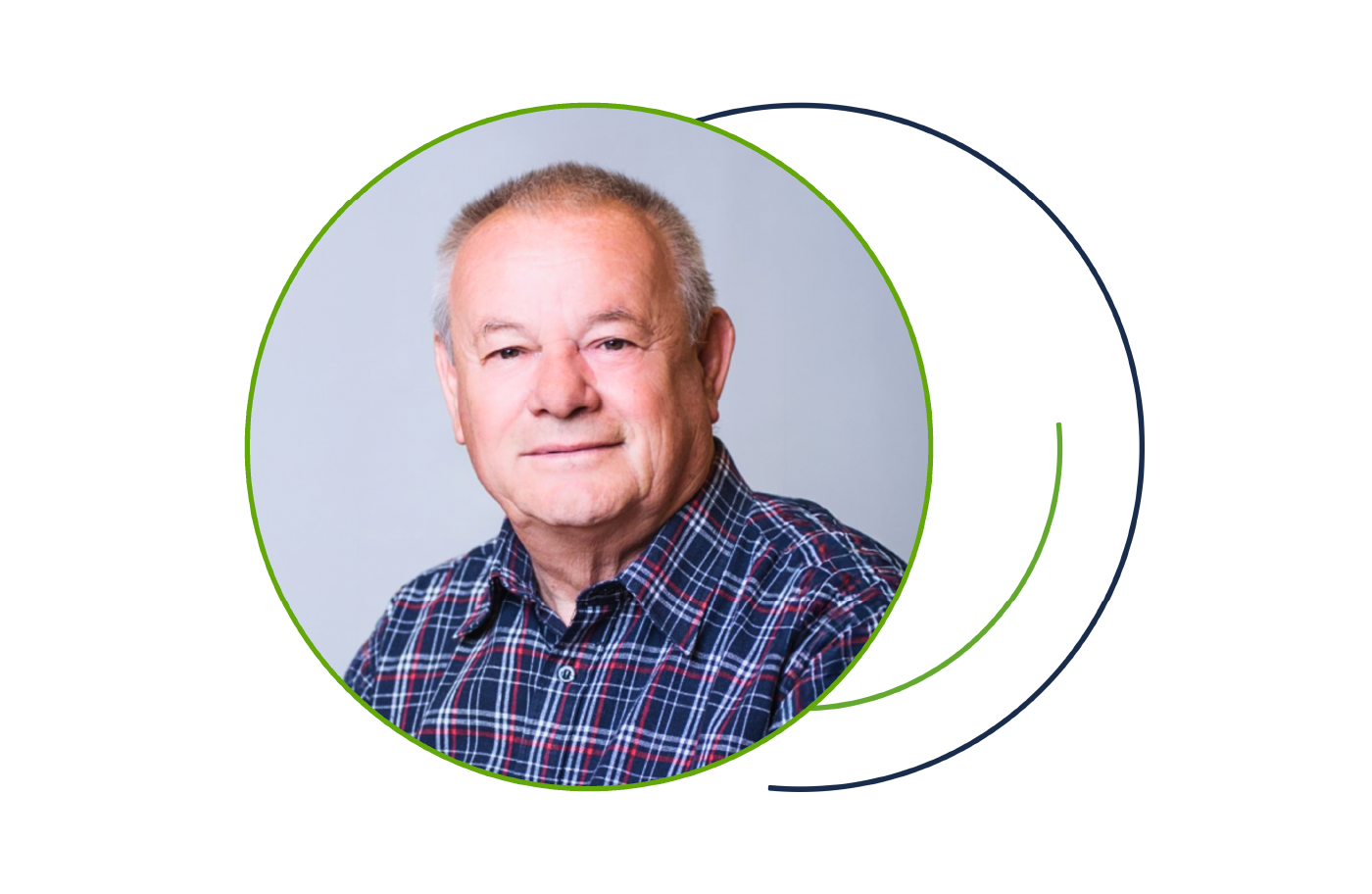
Attila Oláh, professor emeritus
olah.attila@ppk.elte.hu
Socialization and Social processes Programme
The program is designed to prepare students for creative scholarly work on topics concerning the individual’s relationship with society and the psychological components and driving forces of social processes. By integrating perspectives from related social science disciplines, this doctoral training offers a cohesive presentation of the phenomena and principles of socialization—that is, the individual’s social development, integration, and role adoption. Accordingly, its academic scope extends beyond social psychology to encompass major areas of developmental psychology, educational psychology, and social‐ and cultural‐comparative psychology while also addressing the psychological dimensions of economics, cultural activities (creation), organizational life, and politics. The latter is emphasised under the rubric “psychology of social processes.” Moreover, the program provides both a framework and practical preparation for the scholarly study and innovative application of historical, political, and organizational psychology—including its non‐profit sector branch focused on educational institutions.
Head of the programme:
Lan Anh Nguyen Luu, professor, Doctor of Science (DSc)
lananh@ppk.elte.hu


